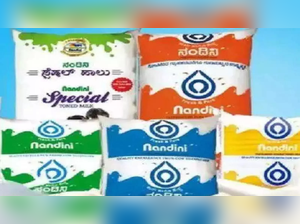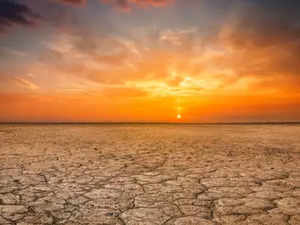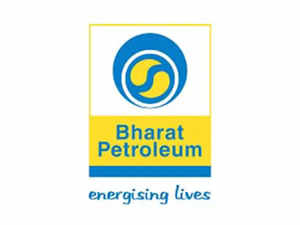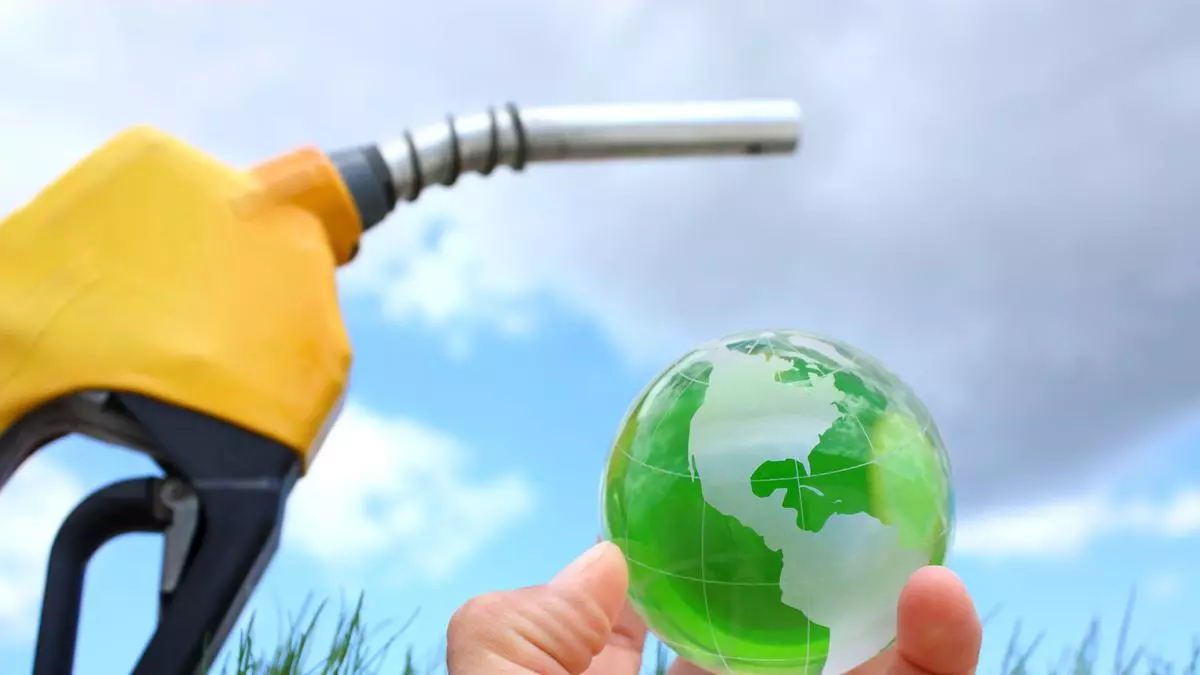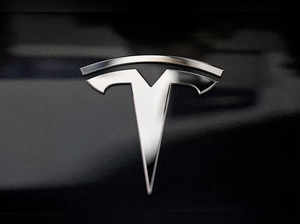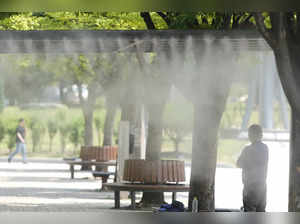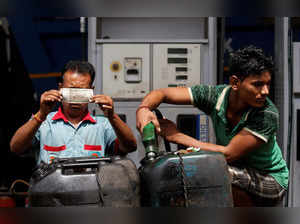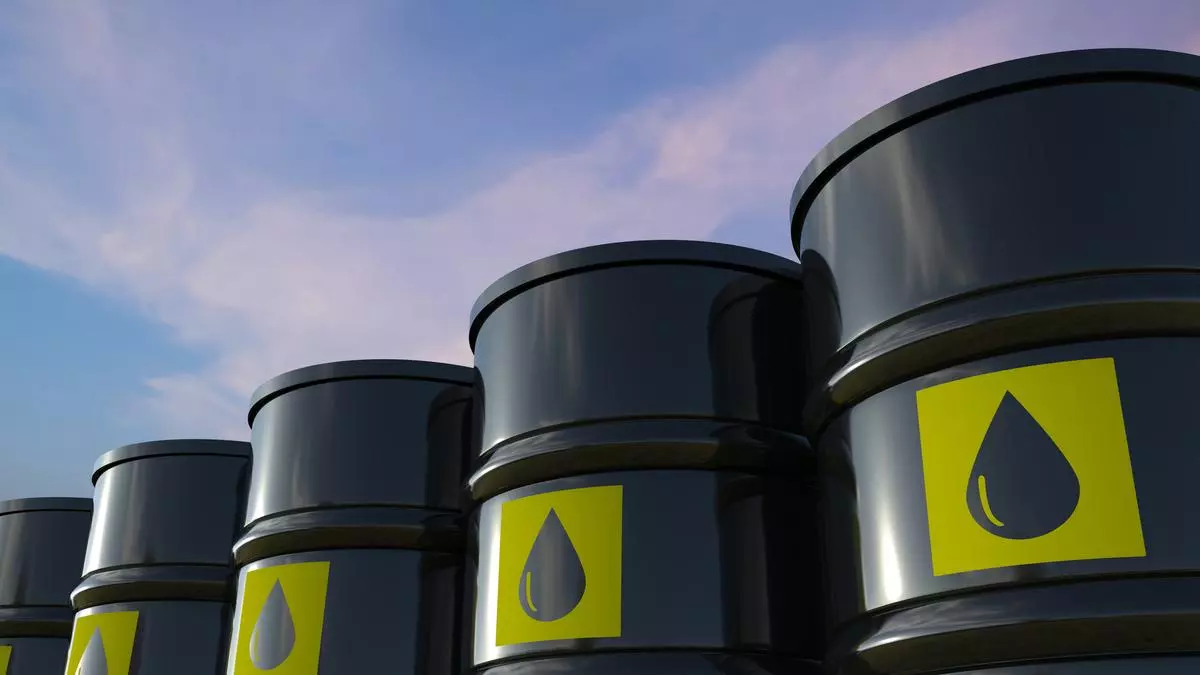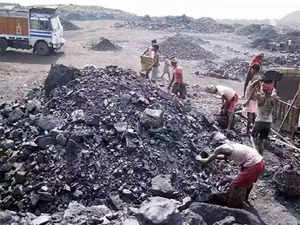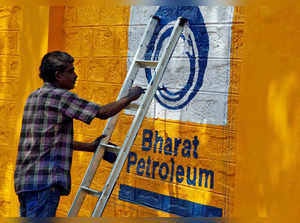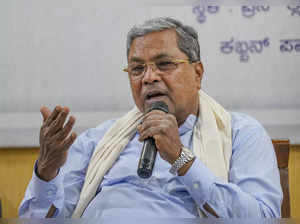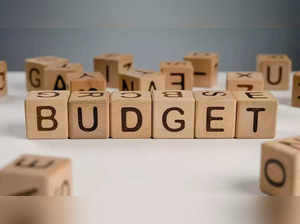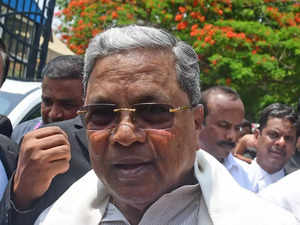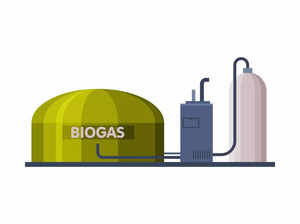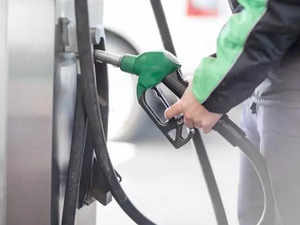Latest News
HDFC Bank credit card charges, rules to change from August 1, 2024: Know about new late payment fee, bill payment rules
Last Updated: Jun 27, 2024, 05:05:00 PM ISTHDFC Bank announced major revisions to its credit cardholders about terms and charges. The following changes to your HDFC Bank credit card charges will come into effect on August 1, 2024.
Milk prices to go up in Karnataka from Wednesday, week after fuel price hike; liquor next in line
Last Updated: Jun 25, 2024, 05:33:00 PM ISTThe prices of other KMF products such as curd and milk-related items will remain unchanged, said Federation chairman Bhima Naik. Chalking the hike up to the growing cost of milk storage, he said, “As it is the current harvest season, the storage of milk in all district milk unions is increasing every day and the current storage is close to one crore litres.” The price, he added, was still less, compared to the neighbouring states.
India and China top buyers of Russian fuel oil in May, LSEG data shows
Last Updated: Jun 25, 2024, 02:52:00 PM ISTIn May, Russian seaborne fuel oil and VGO exports peaked at 4 million metric tons, with India and China as top destinations. The surge followed the European Union's embargo on Russian oil products, redirecting supplies to Asia. Notably, ship-to-ship loadings near Greece and Malta facilitated the transfer of cargoes destined for Asia.
India's inflation also 'K-shaped'; rural folk more hurt by price-rise: HSBC
Last Updated: Jun 25, 2024, 07:16:00 PM ISTThe government lent a helping hand by cutting several fuel prices but many of the fuels like petrol, diesel and LPG are not commonly used in rural areas, like they are in urban centres, leading to rural inflation being much higher than urban, it said.
After fuel prices, milk prices go up in Karnataka as Nandini hikes price by ₹2 per litre
Updated - June 25, 2024 at 08:22 PM. |KMF says this was not an increase in price of milk, but a revision of price and quantity with each sachets carrying an additional 50 ml for the enhancements in price
Panthers Claim Their First Stanley Cup, Defeat Oilers 2-1 in Thrilling Game 7
June 24, 2024SUNRISE, Fla. (AP) — Aleksander Barkov put his hands at either end of the Stanley Cup and began skating away to start the celebration that the Florida Panthers have wanted forever.
Groww clarifies on complaint of 'fraud', says no money deducted from customer, no transaction took place
JUNE 24, 2024Groww clarified in response to a user complaint that the app took the money but never actually invested it in the mutual fund. Groww said the money was never debited from the customer's account.
Maruti Grand Vitara discounts now at Rs 1.4 lakh, up by Rs 66,000
Jun 24, 2024Discounts on the Fronx and XL6 have also increased for a limited period.
Switzerland vs Germany highlights in pictures, Euro 2024: SUI v GER photo gallery
Jun 24, 2024Highlights in pictures of the Euro 2024 Switzerland vs Germany Group A match from the Frankfurt Arena Stadium.
Explainer: How climate change fuels extreme heat worldwide
Last Updated: Jun 24, 2024, 12:38:00 AM ISTClimate change is driving dangerous heat waves across the Northern Hemisphere, with global emissions continuing to rise since 1995.
Decarbonization by 2045 agreed: Youth-led climate lawsuit settled in Hawaii
Last Updated: Jun 22, 2024, 04:53:00 PM ISTHawaii settles with 13 young plaintiffs in Navahine v. Hawaii Department of Transportation lawsuit to decarbonize transportation by 2045, approved by Judge Tonaki.
Villagers in Gujarat create fake toll plaza, collect Rs 75 crore from commuters – Here’s how the scam unfolded
December 21, 2023A team of five strongmen built a bogus toll plaza on private land in Gujarat’s Morbi district barely 600 meters from the National Highways Authority of India’s (NHAI) official toll plaza.
BPCL retail outlets will act as EV hubs to purchase, test ride & experience electric scooters
Last Updated: Jun 21, 2024, 05:59:00 PM ISTBPCL has teamed up with Bounce Infinity, an Indian electric scooter manufacturer, to accelerate EV adoption in India by launching "eDrive stores" at BPCL retail outlets. These stores aim to make electric two-wheelers more accessible nationwide. Pardeep Goyal, BPCL's Business Head of Retail, highlighted the initiative's role in supporting sustainability goals and transforming fuel stations into versatile energy hubs.
From surplus to self-sufficiency: India’s bold leap towards a sustainable biofuel future
Updated - June 22, 2024 at 10:00 AM.Capitalising on its agricultural strengths, India, is setting a global benchmark, for sustainable development
How climate change fuels extreme heat worldwide
Last Updated: Jun 20, 2024, 10:28:00 PM ISTClimate change is driving dangerous heat waves across the Northern Hemisphere, with Christiana Figueres highlighting the global impact. Rising carbon emissions trap heat, making heat waves hotter and more frequent. The global temperature has increased 1.3 degrees Celsius since the Industrial Revolution.
Karnataka BJP protests fuel price hike with cycle jatha, party workers detained
Last Updated: Jun 20, 2024, 05:42:00 PM ISTKarnataka BJP has staged a 'cycle jatha' in various locations across the state to protest the state government's hike in fuel rates. Workers in Bengaluru were detained midway, calling the detention unconstitutional. The party accused the government of suppressing protests and urged the people to revolt against the government.
China drives away autonomous Tesla
Last Updated: Jun 20, 2024, 10:44:00 PM ISTElon Musk envisions a future driven by self-driving cars and humanoid robots, potentially transforming Tesla into a trillion-dollar enterprise. However, uncertainties loom over Tesla's ability to deliver on these promises to both consumers and shareholders. Despite Musk's ambitious projections of unlocking ten times Tesla's current value through autonomous vehicles, Chinese competitors are advancing in key technologies like lane-navigation and battery economics.
Is climate change leading to frequent and high intensity heat waves in North America?
Last Updated: Jun 21, 2024, 12:35:00 AM ISTA study by a group of scientists have found that climate change caused by anthropogenic factors has caused an increase in the number of high intensity heat waves in North America. This serves as an early warning for all the stakeholders to tackle the issue of increased emissions.
India fossil fuel consumption up 8% in 2023
Last Updated: Jun 20, 2024, 06:51:00 PM ISTThe report suggests that five key stories emerge from the 2023 data, starting with record global energy consumption, with coal and oil pushing fossil fuels and their emissions to record levels. "Global primary energy consumption overall was at a record absolute high, up 2 per cent on the previous year to 620 Exajoules (EJ). Global fossil fuel consumption reached a record high, up 1.5 per cent to 505 EJ (driven by coal up 1.6 per cent, oil up 2 per cent to above 100 million barrels for first time, while gas was flat)," said the report.
Diesel, petrol exports grow in May, backed by refinery runs, high inventories
Updated - June 20, 2024 at 10:00 PM. |Indian refiners also turned to Asia amidst a saturated European market for diesel cargoes
Power units' imported coal blending may be cut to 4%
Last Updated: Jun 20, 2024, 12:14:00 AM ISTIndia is considering reducing the mandatory blend of imported coal with locally produced fuel for thermal power units from 6% to 4-5% due to higher coal stocks at plants. The advisory on coal blending, extended in March to ensure power availability during peak demand, is set to expire on June 30.
After fuel prices, Bengaluru to hike water tariffs? Karnataka Dy CM DK Shivakumar weighs in
Last Updated: Jun 19, 2024, 05:22:00 PM ISTKarnataka Deputy CM DK Shivakumar addressed concerns over potential water tariff increases in Bengaluru, noting that rates have not been adjusted in a decade despite financial losses. He stressed the necessity for new projects and highlighted difficulties in obtaining financing from banks for the Bangalore Water Supply and Sewerage Board (BWSSB).
Budget 2024: Give the middle-class tax benefits & cut fuel excise, India Inc tells Finance Ministry
Last Updated: Jun 19, 2024, 05:35:00 PM ISTBudget Expectations: FICCI has proposed simplifying the capital gains tax system by categorizing assets into equity instruments, debt, and other assets with specific rates for long-term and short-term gains. They have also advocated for uniform tax rates for residents and non-residents.
BPCL may invest Rs 1,400 crore in green aviation fuel units
Last Updated: Jun 18, 2024, 12:18:00 AM ISTState-run Bharat Petroleum Corp (BPCL) is speculated to set up sustainable aviation fuel (SAF) units at its three refineries. This plan will help support the government's 1% blending target. For the said project, the company will invest up to Rs 1,400 crore in setting up these facilities.SAF is produced from various sources such as agricultural waste, fats, used cooking oil, or non-food crops.
Siddaramaiah blames GST regime for taxes on autofuel, even as BJP takes out bullock-cart protest
Last Updated: Jun 17, 2024, 07:47:00 PM ISTCM Siddaramaiah blames GST regime for fuel price hike, leading to protests by BJP leaders. Petrol price in Bengaluru now Rs 102.84, diesel Rs 88.95.
Subsidy allocation likely to stay at Interim Budget mark of Rs 4.1 lakh crore
Last Updated: Jun 18, 2024, 12:20:00 AM ISTThe Centre aims to reduce the fiscal deficit to 5.1% of GDP, with allocations for food and fertiliser subsidies slightly lower than previous estimates. Plans include reducing dependency on imports for better fertiliser subsidy management.
CM Siddaramaiah challenges BJP to stage demo against Centre over injustice to Karnataka
Last Updated: Jun 17, 2024, 05:26:00 PM ISTKarnataka Chief Minister Siddaramaiah challenged the BJP to protest against the Centre's treatment of the state, citing fuel price hikes and lack of central funds. He criticized the BJP for failing to address issues like rising petrol prices despite lower crude oil costs. Siddaramaiah highlighted discrepancies in fund allocation and accused the BJP of neglecting Karnataka's development needs.
Petrol and diesel prices in India: After Karnataka fuel tax hike, check latest petrol, diesel prices in your city
Last Updated: Jun 17, 2024, 02:49:00 PM ISTPetrol and diesel prices in India: The petrol price in Karnataka are still lower than neighbouring Andhra Pradesh and Maharashtra. Here are the petrol and diesel prices of major cities in India, as on June 17, 2024.
Gruner Renewable Energy to set up compressed biogas plant in Gujarat at Rs 220-cr investment
Last Updated: Jun 17, 2024, 02:28:00 PM ISTGruner Renewable Energy announced plans to set up a CBG plant in Gujarat's Navsari, costing Rs 220 crore, to produce 44 TPD of biogas from various feedstocks, aiding India's shift towards sustainable energy solutions.
Extreme heat melts diesel demand, sales drop 4% in June
Last Updated: Jun 17, 2024, 12:36:00 PM ISTIn June, India's diesel demand fell due to extreme heat reducing travel, continuing a declining trend despite typically high election season sales. Diesel sales dropped 3.9% year-on-year and remained flat month-on-month. Petrol consumption also decreased by 4.6% annually. Contrarily, jet fuel and LPG demand saw year-on-year increases.


